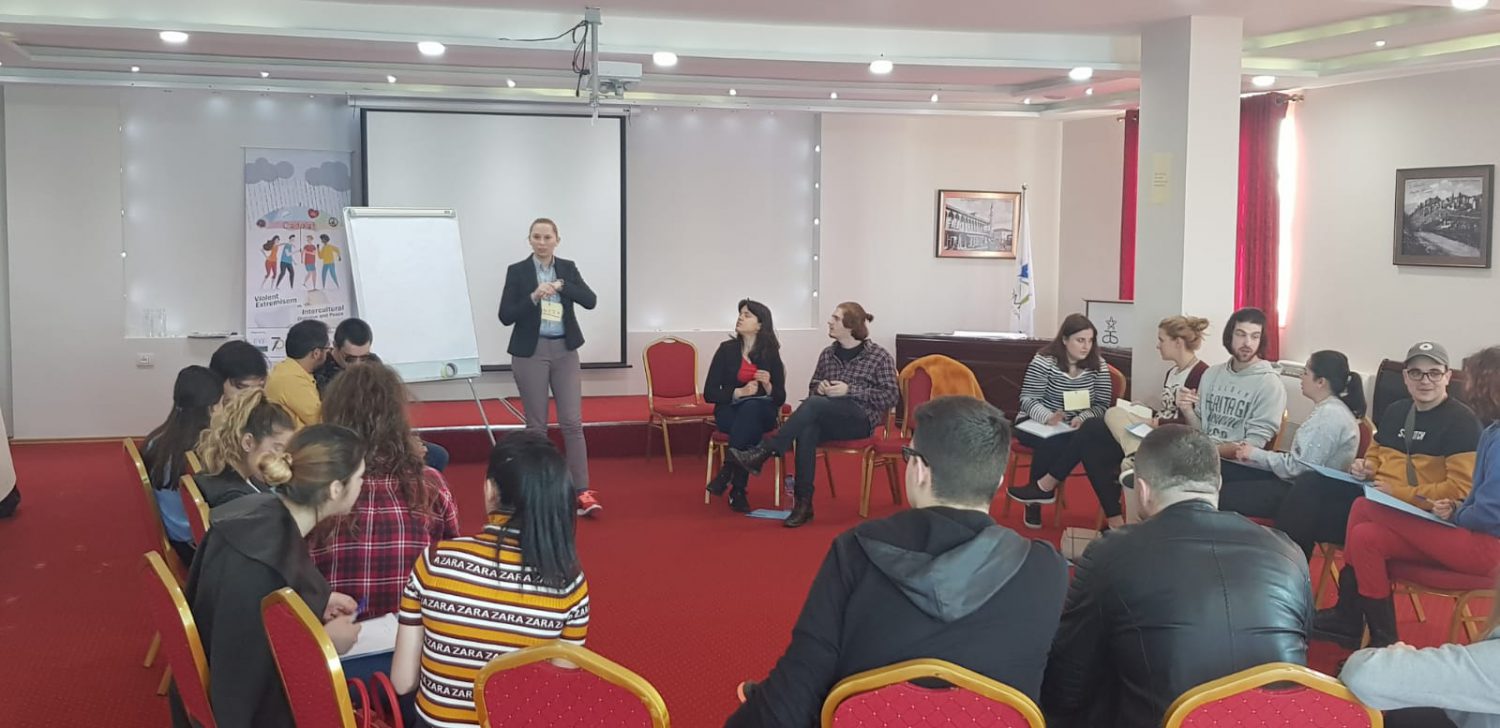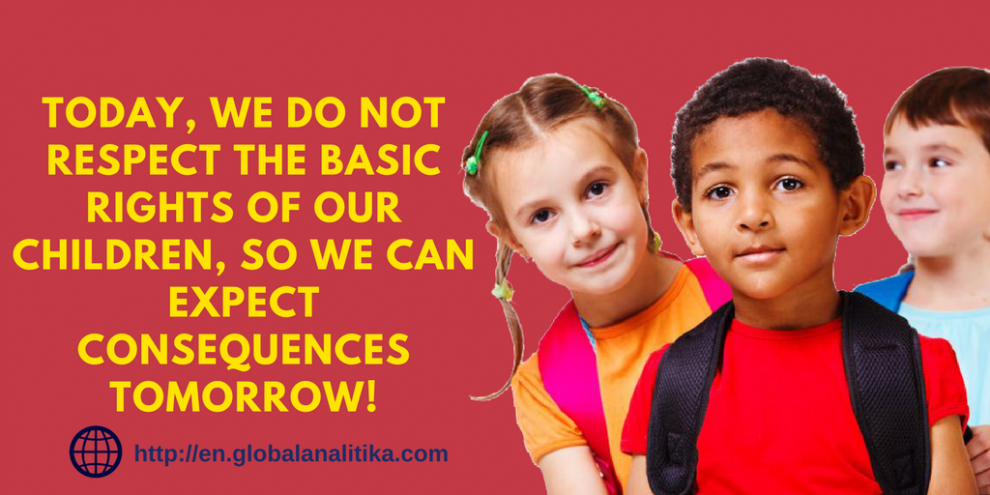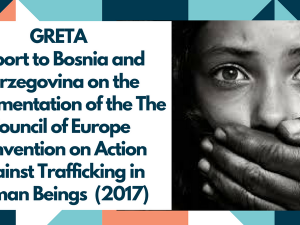“The right to education is a fundamental human right, but many European countries continue to deny thousands of children, including children with disabilities, Roma children and refugee or migrant children, to have equal access to education, keeping them in separate schools.” With this violation of human rights of children we are enabling space for the development of far-reaching negative consequences for our societies. Member states have the obligation to ensure the right of every child to quality education without discrimination”, said Commissioner of the Council of Europe for Human Rights Nils Muiznieks, in publishing a document on curbing segregation in schools through inclusive education.
For the first time, the report provides an overview of segregation in the schools of the Council of Europe member states, but the main causes of segregation are also cited. Also, it looks at the risks of separating education and highlights the key principles that should be supported in any policy to eradicate segregation and promote inclusive education. Finally, the CoE report lists twelve recommendations for the development of an inclusive education policy, in particular through the improvement of anti-discrimination laws, strategies for desegregation of schools and better regulation of admission to school.
“School segregation is detrimental to children’s learning opportunities and is a clear injustice to minority and other vulnerable groups of people, which also prolongs their marginalization,” Muižnieks claims, and states that “states should adopt a combination of strong anti-discrimination measures and policies that promote a more inclusive education system in which all children will learn together.
Muiznieks also believes that this is not a utopian project, but a viable goal that can ensure a more equal treatment of all children and improve social cohesion in the longer term.
On the other hand, there are positive developments in the general context of involving Roma children in the education process. More Roma children are attending schools and kindergartens in their early childhood (53% in 2016, compared to 47% in 2011) – with the most significant improvements in Spain, Slovakia, Bulgaria, Hungary and Romania – and fewer had left school earlier (68 % in 2016, with a decline of 87% in 2011). However, these figures are still too high, and segregation in education remains a problem in some countries, with more than 60% of Roma children being separated from other children in Slovakia, Hungary and Bulgaria, according to the latest report of the European Commission.










